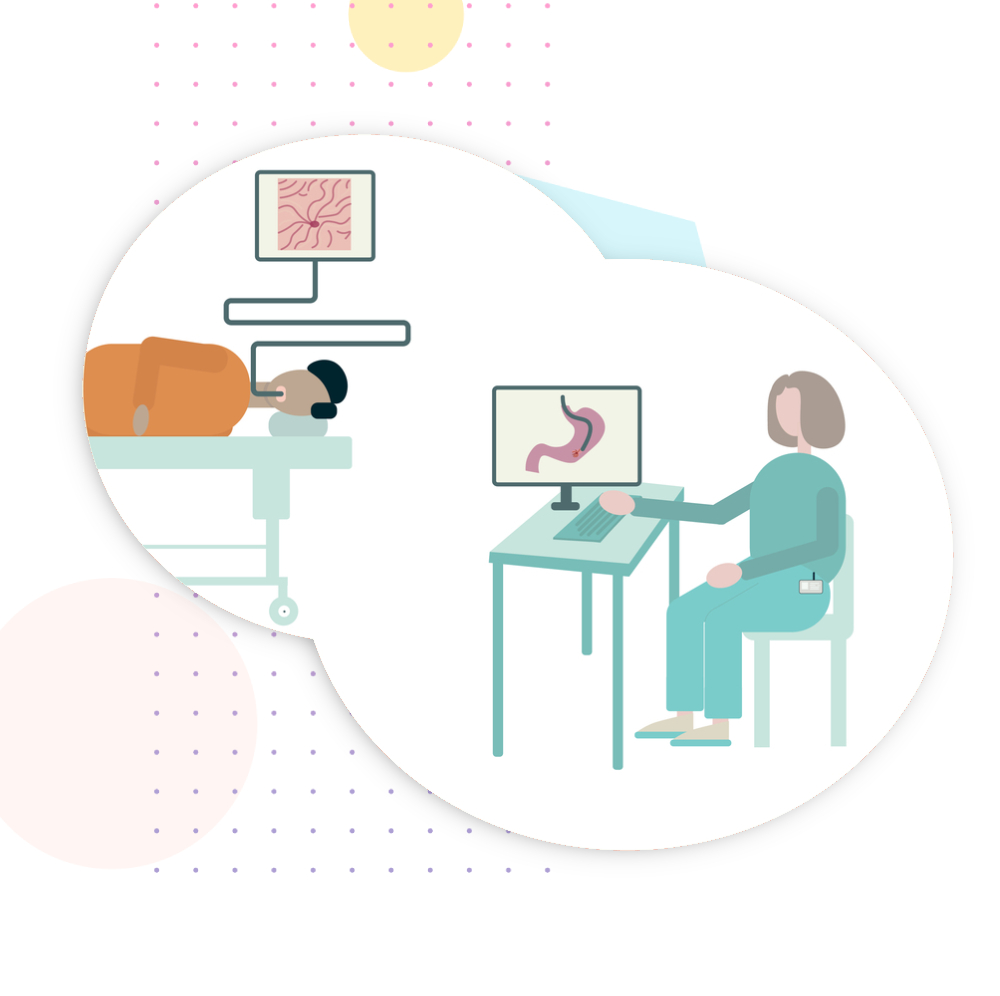Doctors
Recognize and accept the alterations and difficulties the medical sector is facing.
Hold moral integrity in high regard and accept responsibility for your actions.
Be attentive and caring in your communication.
Always stare at the patient while listening, looking, and listening some more.
Information pertaining to money and bills should be well discussed.
Keep thorough records, including any refusals.
Always be there, whether it is for a patient or a CPA case.
Pay special attention to the details and get back to the insurance company as soon as you can. Purchase an indemnity policy. The patient should continue to receive regular care and follow-up.
While submitting the response, you should seek assistance from a lawyer or medico legal specialist.
When it is absolutely required, you should request an expert witness' testimony and collect affidavits from your coworkers. Provide case-related references upon request and demand a cross-examination.
Give appropriate examples to clarify any points that might have been misunderstood or communicated incorrectly. The inquiries demand responses.
Make sure you receive a counterpunch of some type.

You may safeguard your staff's knowledge and expertise as well as your own by keeping it up to date. Infrastructure and hardware at the site should be updated. A variety of workshops, conferences, CMEs, and other events should be attended. Be prepared to solve any problems that may arise throughout your medical practice and to adapt to new circumstances.
Keep your cool and stay away from any shocks, fury, terror, or self-doubt.
Be wary of anyone who calls themselves a "social worker" or an "ambulance chasing activist."
Whenever necessary, notify the police.
The police would really appreciate any assistance you may provide.
Upon request from law police, the court, or your loved ones, you must provide copies of your medical records. It could be feasible to obtain the patient's consent before giving the police any information.
Always abide with the guidelines or requirements outlined by the law.
A genuine informed consent agreement should be obtained prior to the start of the therapy.
Preserve the documents, records especially in medico-legal, controversial or complicated cases. Give guarded prognosis.
Keeping the documentation and records is essential in medicolegal, contentious, or difficult situations. Be cautious in your behavior.
The weight of the child should be taken into consideration when determining the appropriate medication dosage for children with liver or renal problems.
Provide written recommendations for pathological and radiological examinations.
If the cause of death cannot be determined, a post-mortem examination should be ordered.
When a legal issue emerges, it is critical to include medical associations, medico-legal cells, other volunteer groups, and so forth.
Before replying to anything, you should speak with an attorney.
Keep a record of the patient's prior encounters with drug allergies.
You ought to invite the patient back the following day for a more thorough checkup if the examination was done hurriedly.
Mention that the diagnosis is "diagnostic under evaluation" if it cannot be confirmed.
Avoid using any words that are unclear, ambiguous, or shortened.
Whenever required, especially in cases with more severe symptoms, provide a range of possible treatments.
In the local language, provide as much information as you can in the form of written or verbal directions.
If prevailing customs are not observed, an explanation of reasons should be given.
If you are unsure of something, ask your supervisor, a coworker, or a person in a position of authority.